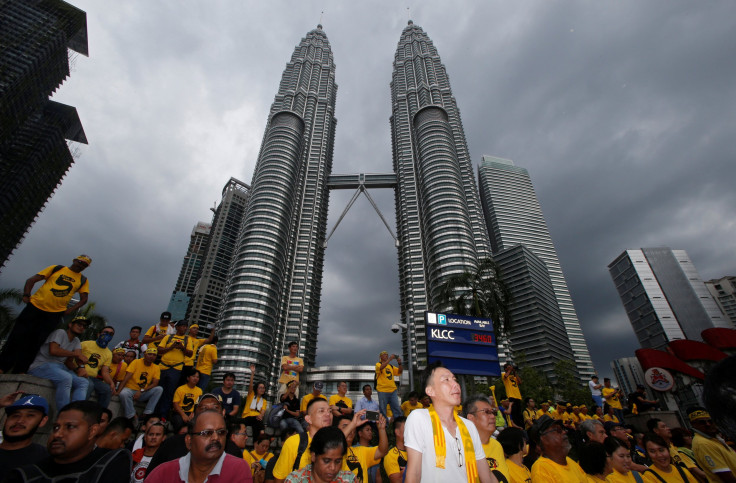Malaysia May Limit Cash Transactions To $6,000 From Next Year

To curb illicit activities like money laundering and to increase the integrity of the country’s finances, Malaysia will try to impose a cash transaction limit (CTL) of RM25,000 (about $6,000) beginning next year.
Bank Negara (BNM) deputy governor and chairman of the National Coordination Committee to Counter Money Laundering (NCC), Datuk Abdul Rasheed Ghaffour said, "This is to address the abuse of physical cash used for illicit activities.” The CTL is to ensure that BNM remains the sole authority over the Malaysian currency.
Rasheed went on to explain two important exceptions to the limitation, “Firstly, any cash transactions to or with financial institutions are exempted. As regulated entities, these institutions are already subjected to stringent anti-money laundering or counter-terrorism financing requirements.”
He continued, "Secondly, cash transactions under circumstances such as for humanitarian aid also (will be) exempted for the approval of the Ministry of Finance on the recommendation of Bank Negara Malaysia.” This would include charitable donations.
Individual bank account holders are not likely to be affected because the average transaction is only about RM8,000 for the top 20% income group and drops to about RM2,300 for the bottom 40% income group. Industries that will be affected are ones that make large cash transactions such as high-value dealers, medical tourism, hotels, and wholesale.
The objective of the CTL, according to Rasheed, was also two-fold: First, to further empower the NCC anti-money laundering efforts and to stem the financing of terrorism in Malaysia and second, to send a strong message that using the anonymity of cash to benefit from illicit activities would not be tolerated.

Offenders would be liable to a fine not exceeding three times the value of the transaction at the time the offense was committed. Rasheed referred to some European countries that have implemented CTLs for many years and noted that Indonesia is also proposing similar measures.
Recently, the Australian government introduced a bill that proposed to ban cash transactions over $6,900, including those transactions involving digital currencies. More than 7,000 people subsequently signed a petition against the proposal. Perhaps BNM is waiting for public feedback on the proposed measures based on the Australian resistance to the CTL.
"We want to hear from the public first. In the past, if you look at public policy, it normally (takes) about six months to implement this. It can be earlier, depending on the public feedback,” said Abdul Rasheed.
Rasheed said in his comments to the Edge, a local news publication, that the CTL would fall under the Currency Bill, which has been tabled for first reading in Parliament in July this year and would go for a second reading in December.
© Copyright IBTimes 2025. All rights reserved.





















